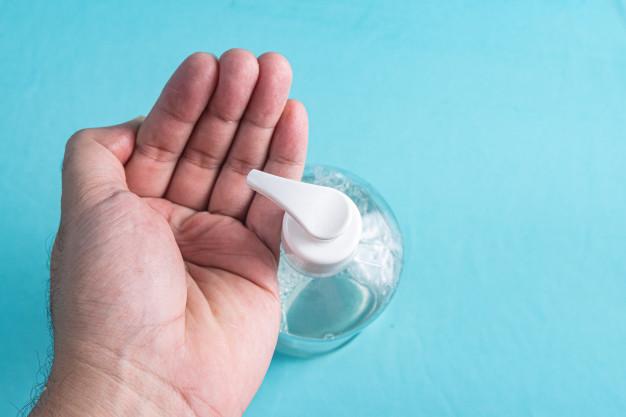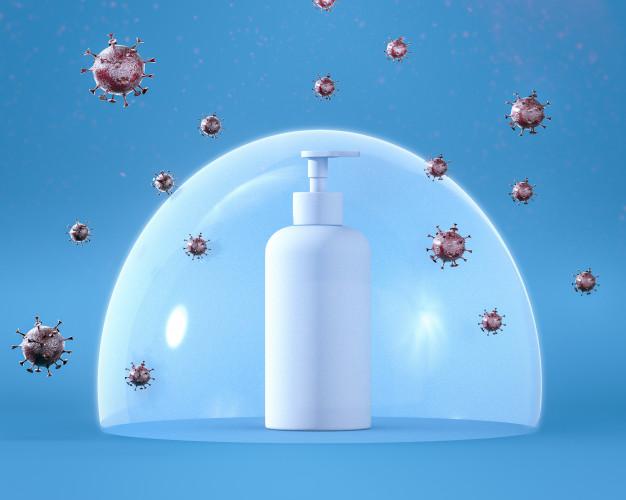Since the outbreak of COVID-19, sales of hand disinfectants have skyrocketed. This product is so popular that pharmacies and supermarkets are beginning to limit the number of people buying at once. Although hand disinfectants can help reduce our risk of contracting certain infections, not all hand disinfectants are equally effective against coronavirus.
Like other viral respiratory infections such as the common cold and flu, the new coronavirus is mainly spread by transferring droplets of the virus from nose or mouth to others. However, a recent study has shown that it can also be spread through faeces.
In addition to inhaling droplets, you can contract respiratory viruses such as Covid-19 by touching anything contaminated by the virus and then touching your face, especially your mouth or nose. We touched our faces without even realizing it.
Washing with warm water and soap is still the gold standard for hand hygiene and preventing the spread of infectious diseases. Washing with warm water rather than cold water and soap will remove grease that may accumulate microorganisms in our hands.
However, hand sanitizers can also prevent disease-causing microorganisms, especially without soap and water. They have also been proven to be effective in reducing the number and type of microorganisms.
There are two main types of hand sanitizer which is alcohol-based and non-alcoholic. Alcoholic hand sanitizers contain different amounts and types of alcohol, usually between 60% and 95%, and contain ethanol. As we all know, alcohol can kill most bacteria.
Alcohol attacks and destroys envelope proteins that surround certain viruses, including coronaviruses. This protein is essential for the survival and reproduction of viruses. But hand sanitizer must contain at least 60% alcohol to kill most viruses.
It has also been found that hand sanitizer with an alcohol content of less than 60% are not effective in killing bacteria and fungi, and may only reduce the growth of bacteria, rather than directly kill bacteria.
If your hands are obviously dirty, washing your hands with soap and water is more effective than using alcohol-based hand sanitizer. The study found that the decontamination effect of soap and the friction of washing together can reduce the amount of microorganisms, dirt and organic matter on our hands.
If you sneeze or cough, you still need a pump disinfectant to disinfect them. This is because if your hands are contaminated with mucus, the hand sanitizer may not work properly because mucus protects microorganisms.
Therefore, the best and most consistent way to prevent the spread of coronavirus-to reduce the risk of infection with coronavirus is still to use soap and water to wash your hands, and avoid touching your face as much as possible.
However, if you do not want to use soap and water, you can use alcohol-based hand sanitizer which have alcohol content of at least 60% instead. If you are using a hand sanitizer, like washing with soap and water, you need to make sure that your hands are fully covered including between the knuckles, wrists, palms, back of the hands, and nails and wipe hard. At least 20 seconds, so it really works.
Safetyware provide a wide range of sanitizers, click here to see our products or contact us to find out more.


